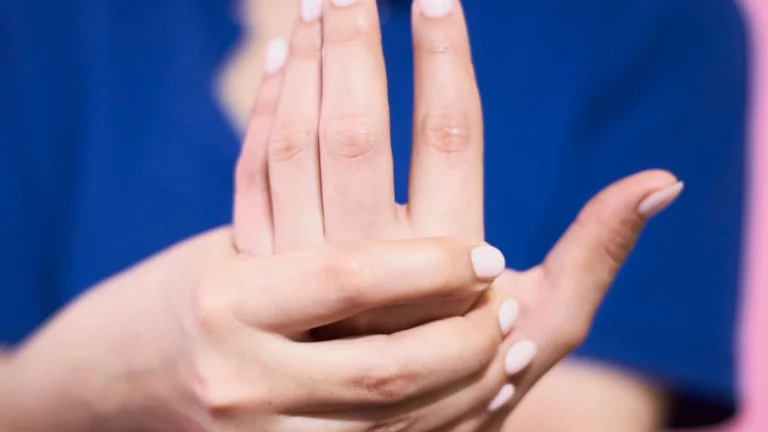Conquer Rheumatoid Arthritis & Morning Stiffness: Feel Better Daily!
Ever rolled out of bed feeling like the Tin Man from *The Wizard of Oz*? If you have rheumatoid arthritis and joint stiffness in the morning, you know exactly what I’m talking about. That frustrating, aching, can’t-move-my-fingers kind of stiffness that makes simple things—like gripping a toothbrush—feel like an Olympic event. Trust me, I get it. As someone who has spent years diagnosing and managing RA, I’ve heard every morning stiffness story out there. And if you’re struggling, you’re not alone.
Why Does Morning Stiffness Happen in Rheumatoid Arthritis?
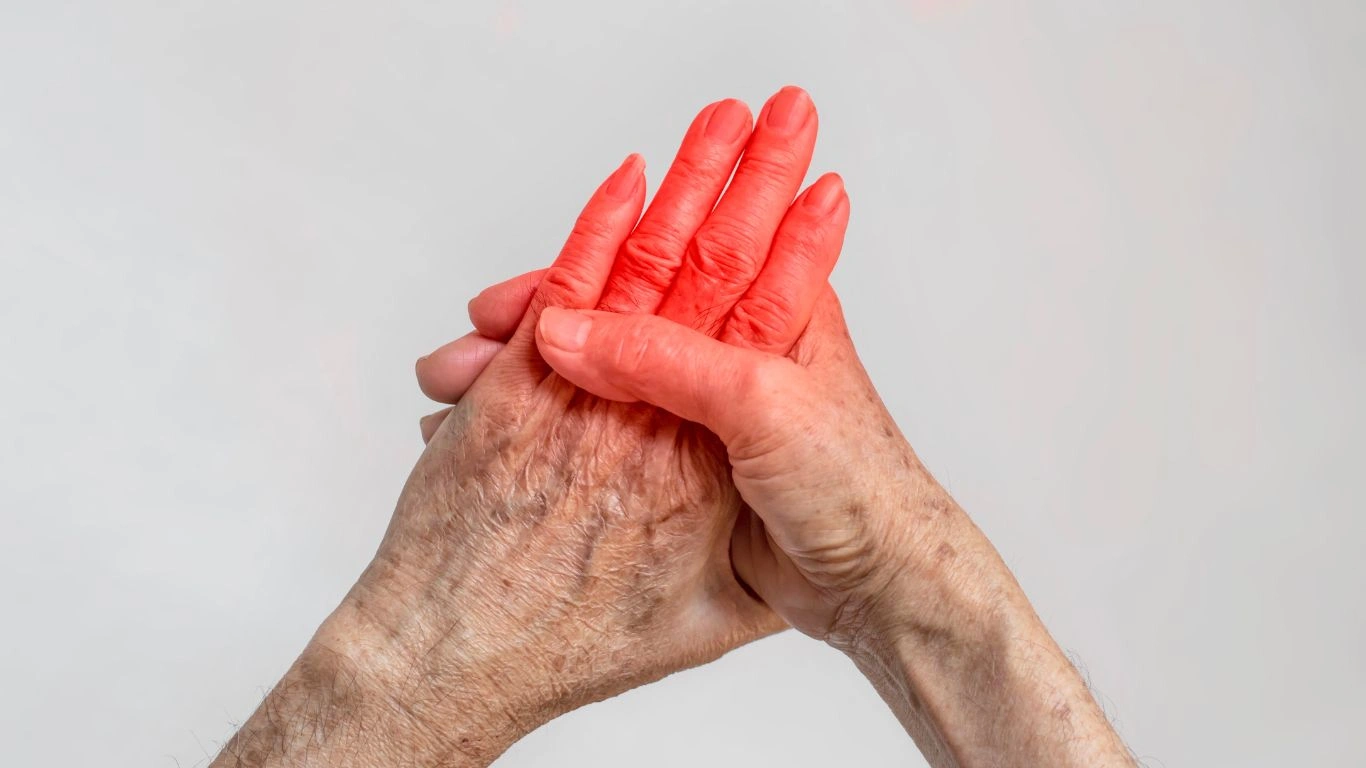
Let’s break it down: What is it about mornings that make joints feel like they’ve been replaced with rusty hinges? The answer lies in your immune system’s overreaction. RA is an autoimmune condition, meaning your immune system mistakenly attacks your joints, causing inflammation. When you sleep, your body naturally slows down, and so does circulation. That’s why when you wake up, all that inflammation has built up overnight, leaving you stiff and sore.
Inflammatory Process and Joint Fluid Buildup
Think of it like a stagnant pond. During the day, you’re moving, circulating synovial fluid (your joints’ natural lubricant), and keeping things flowing. But at night, everything settles, and that inflammation pools in your joints. The result? You wake up feeling stiff, swollen, and in need of serious motivation to start your day.
Hormones and Circadian Rhythms
Did you know that your body’s internal clock plays a role in morning stiffness? Cortisol, a hormone that helps reduce inflammation, is naturally lower in the early morning hours. So, just when you need it most, your body isn’t producing enough of it to fight off that RA-induced inflammation. No wonder mornings can feel like a battle.
How Long Does Morning Stiffness Last?
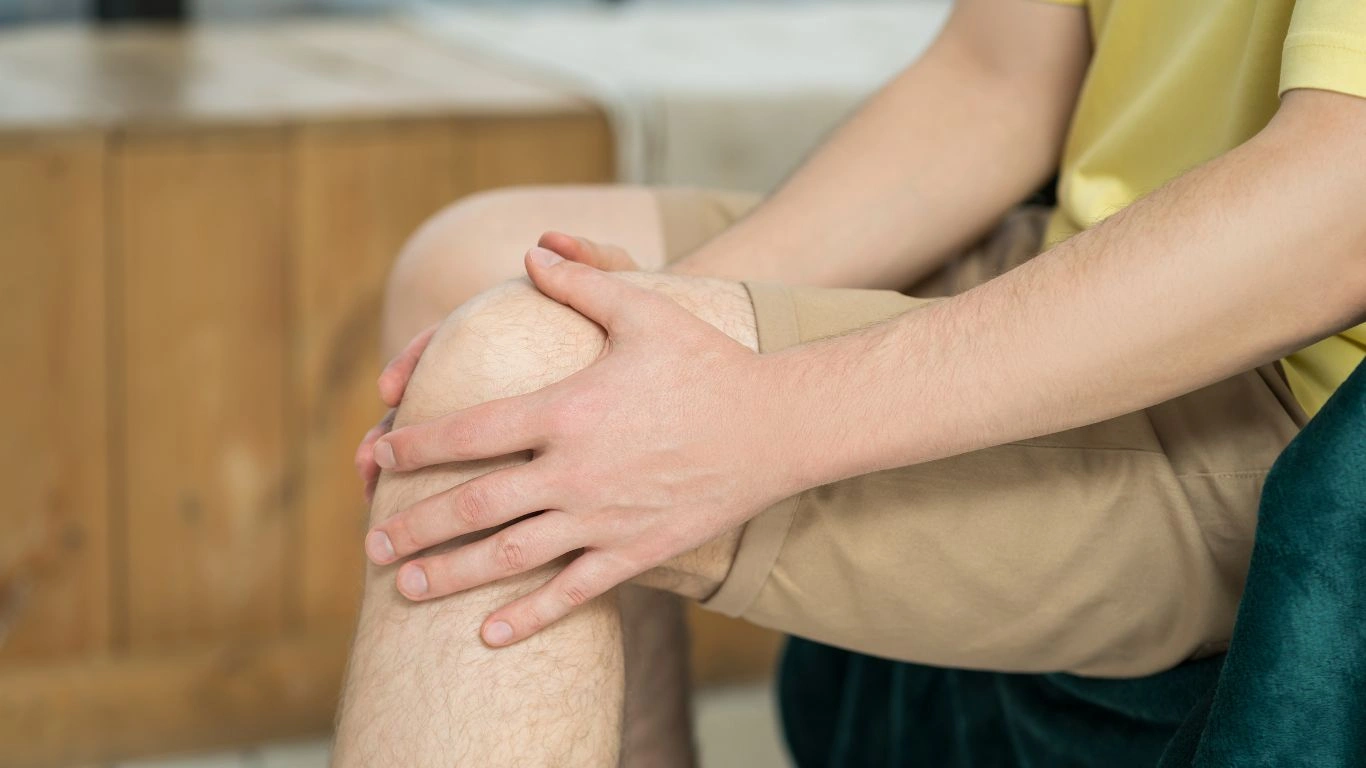
If you have RA, you might have noticed that morning stiffness isn’t just a quick inconvenience. Unlike osteoarthritis, where stiffness often fades after a few minutes of movement, RA-related stiffness can linger for hours. Some people tell me it takes them until noon to feel like they can move properly!
Factors That Affect Stiffness Duration
- Severity of RA: The more active your disease, the longer the stiffness tends to last.
- Medications: If your treatment isn’t fully controlling inflammation, morning stiffness can be worse.
- Activity Levels: Staying active throughout the day helps keep joints more mobile.
- Weather Changes: Many people with RA report increased stiffness during colder, damp months.
Tips to Ease Rheumatoid Arthritis Morning Stiffness
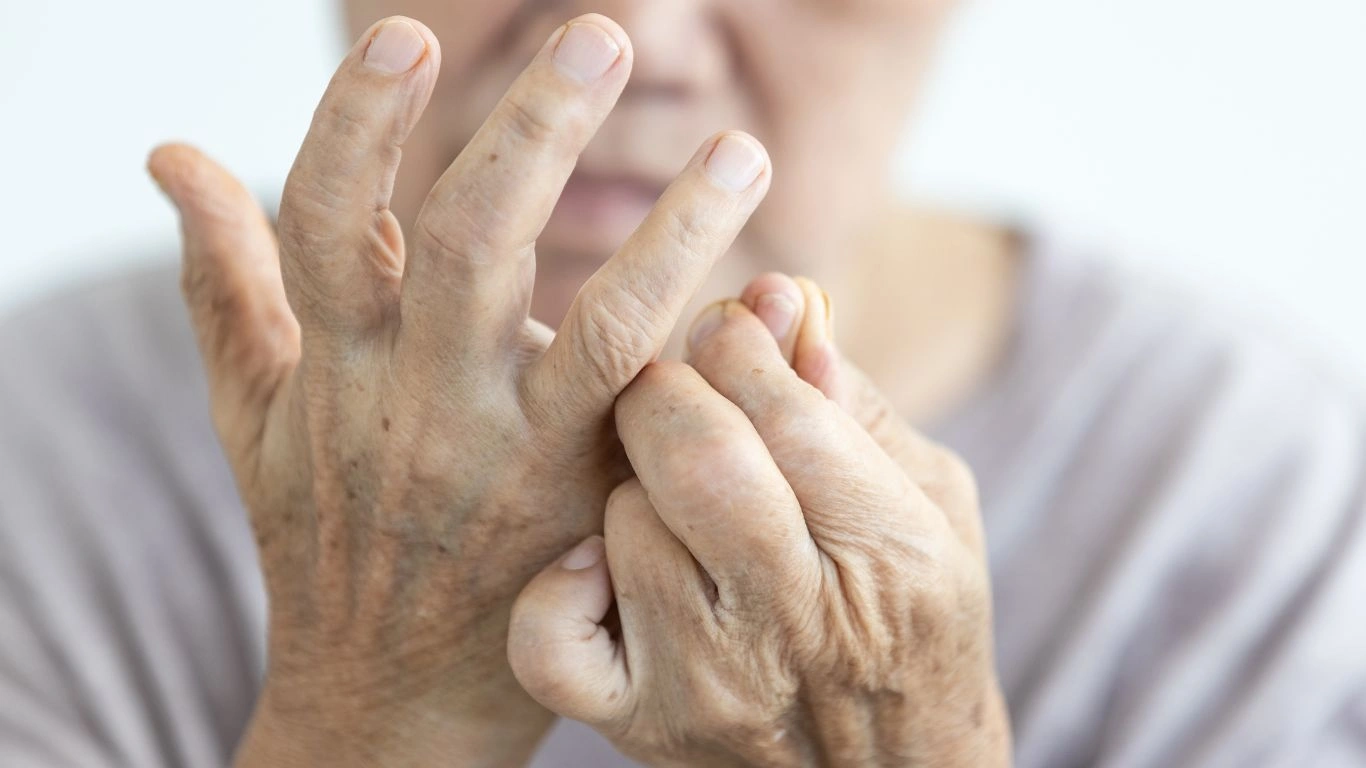
Morning stiffness doesn’t have to ruin your day. There are plenty of ways to loosen up those joints before you even step out of bed. Over the years, I’ve recommended these simple, effective strategies to countless patients—many of whom swear by them now.
Start with Heat Therapy
Heat is your best friend when it comes to RA stiffness. A warm shower, heating pad, or even an electric blanket can work wonders. I always tell my patients to keep a heating pad near their bed so they can use it before even attempting to get up.
Do Gentle Bed Stretches
Before you even sit up, try some gentle stretches. Flex and extend your fingers, rotate your wrists, and move your ankles. It’s like giving your joints a gentle wake-up call before asking them to do the heavy lifting.
Keep Medications by Your Bedside
If you take RA medications in the morning, consider keeping them on your nightstand with a glass of water. Some people take them 30 minutes before getting out of bed to help reduce stiffness before they start moving.
Movement is Key: Loosening Up Stiff Joints
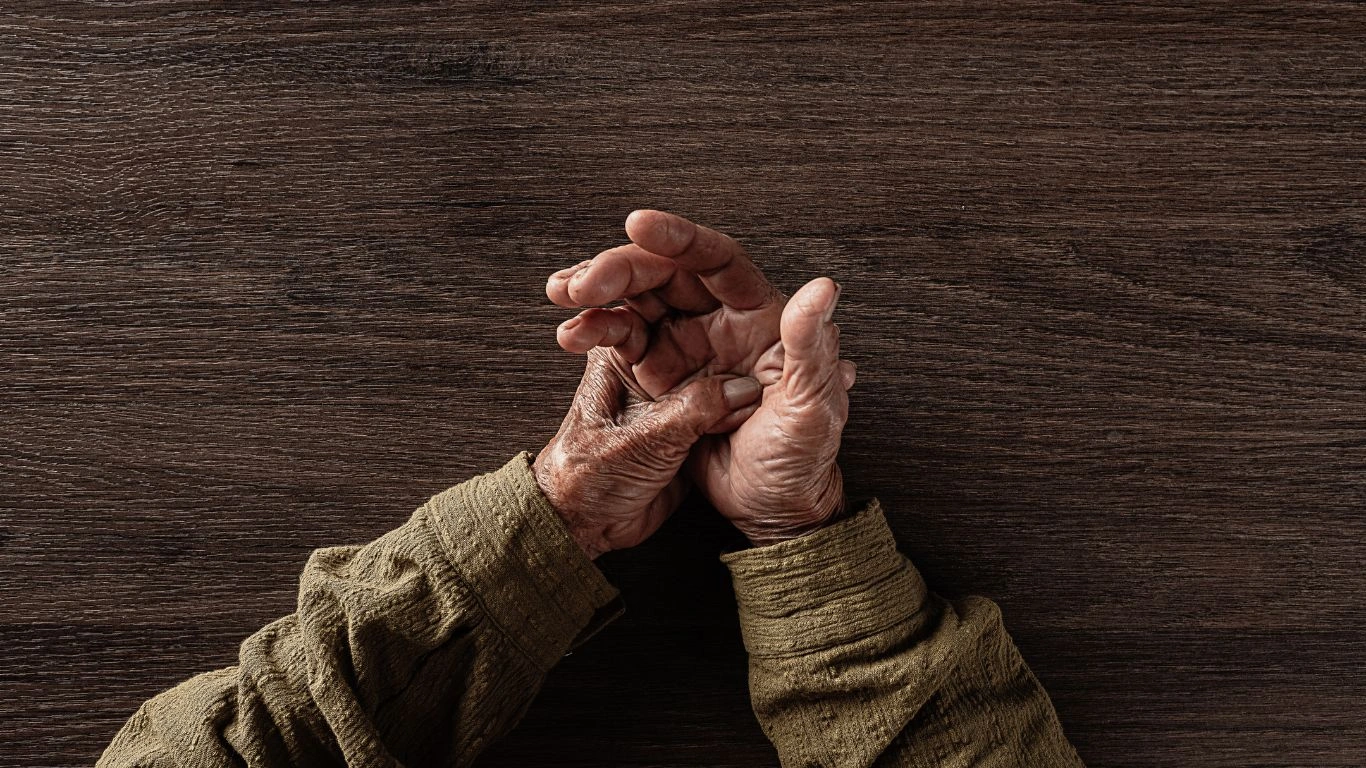
One of the most effective ways to fight off morning stiffness? Movement. I know, I know—it sounds counterintuitive when your joints feel like they’re made of concrete. But trust me, gentle movement first thing in the morning can work wonders. Think of your joints like a stuck door hinge. The more you move it, the smoother it gets.
Simple Morning Exercises to Get You Going
You don’t need a full-blown workout. Just a few gentle moves can help wake up your joints:
- Wrist Circles: Rotate your wrists slowly in both directions to loosen stiffness.
- Finger Stretches: Open and close your hands, spreading your fingers as wide as possible.
- Neck and Shoulder Rolls: Slowly roll your shoulders up, back, and down to relieve upper body tension.
- Ankle Rotations: Point and flex your feet to improve circulation and reduce stiffness.
- Slow Marching in Place: While sitting on the edge of your bed, gently lift your knees to activate your legs.
These might seem simple, but they help get the blood flowing and encourage your joints to loosen up. Plus, they don’t require any fancy equipment—just your body and a few minutes of your morning.
Optimizing Your Sleep to Reduce Morning Stiffness

Ever wake up feeling like you slept on a pile of bricks? Poor sleep quality can make RA symptoms, especially morning stiffness, much worse. Over the years, I’ve noticed that my patients who focus on good sleep hygiene often report fewer issues with morning stiffness.
Best Sleeping Positions for RA
How you sleep can make a huge difference. Here are some RA-friendly positions:
- Back Sleeping: Lying on your back with a pillow under your knees can help keep your spine and joints aligned.
- Side Sleeping with Support: Placing a pillow between your knees can take the pressure off your hips and lower back.
- Avoid Stomach Sleeping: This position can put unnecessary strain on your neck and back, making stiffness worse.
Tips for Better Sleep
Want to wake up feeling less stiff? Try these sleep-enhancing strategies:
- Invest in a Good Mattress: A medium-firm mattress provides the best support for RA sufferers.
- Use Supportive Pillows: Ergonomic pillows can help reduce neck and shoulder stiffness.
- Stick to a Sleep Schedule: Going to bed and waking up at the same time helps regulate your body’s rhythms.
- Avoid Caffeine Late in the Day: Caffeine can disrupt sleep, making RA symptoms worse.
- Create a Relaxing Bedtime Routine: Try reading, meditating, or taking a warm bath to unwind before bed.
How Diet Affects Morning Stiffness
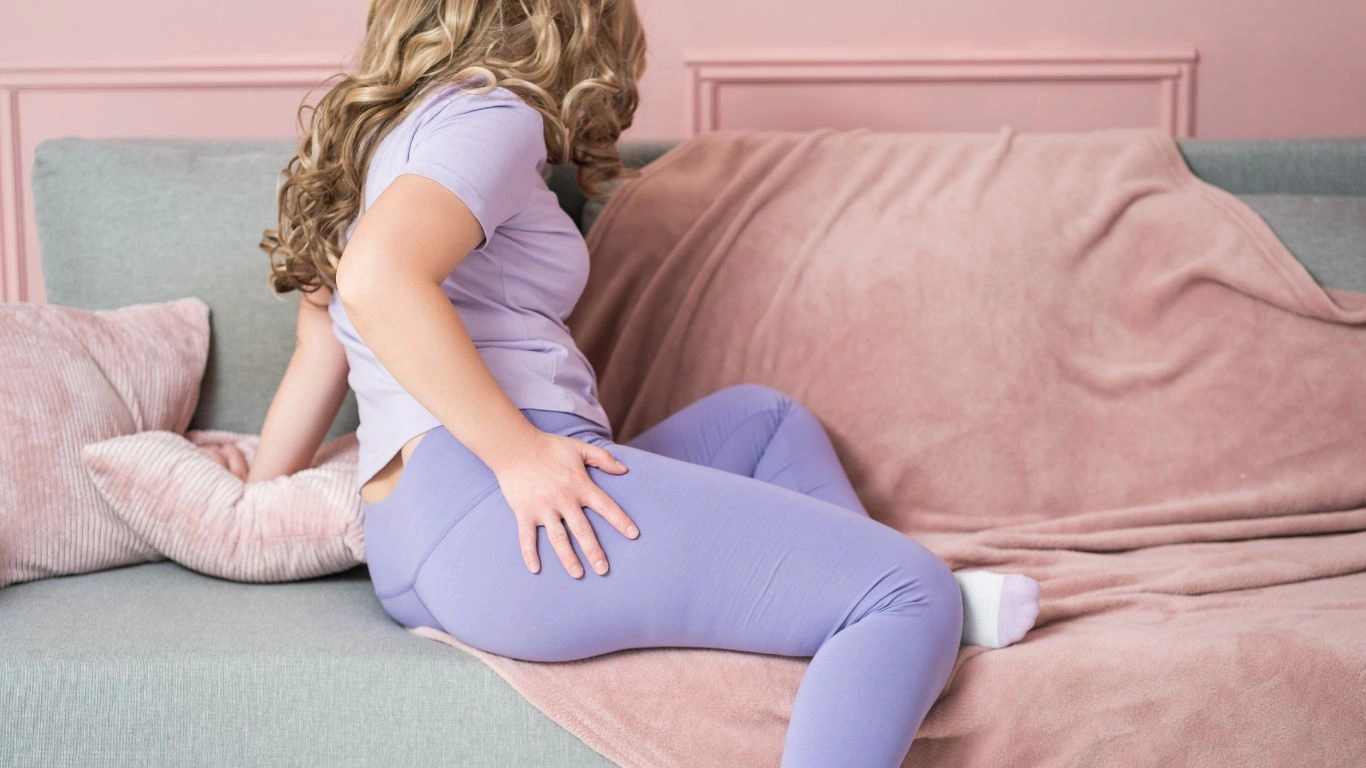
You’ve probably heard the saying, “You are what you eat.” Well, when it comes to RA, your diet plays a massive role in inflammation levels and, ultimately, morning stiffness. I’ve seen patients transform their symptoms just by tweaking what’s on their plate.
Anti-Inflammatory Foods to Include
Eating the right foods can help keep inflammation in check. Try incorporating more of these into your diet:
- Fatty Fish: Salmon, tuna, and sardines are packed with omega-3s, which reduce inflammation.
- Leafy Greens: Spinach, kale, and Swiss chard are loaded with antioxidants.
- Berries: Blueberries, strawberries, and blackberries contain compounds that fight inflammation.
- Nuts & Seeds: Almonds, walnuts, and flaxseeds provide essential nutrients for joint health.
- Olive Oil: A staple in the Mediterranean diet, olive oil has powerful anti-inflammatory properties.
Foods to Avoid
On the flip side, some foods can worsen inflammation and increase morning stiffness:
- Processed Sugars: Found in sodas, candies, and baked goods, sugar can spike inflammation.
- Refined Carbs: White bread, pasta, and pastries can contribute to increased inflammation.
- Fried Foods: High in trans fats, fried foods can aggravate joint pain.
- Excessive Dairy: Some people with RA report that dairy worsens their symptoms—try cutting back to see if it helps.
Making small dietary changes can have a big impact over time. I always tell my patients, “Think of food as medicine.” What you put in your body can either fuel inflammation or help fight it.
Medications and Treatments for Morning Stiffness
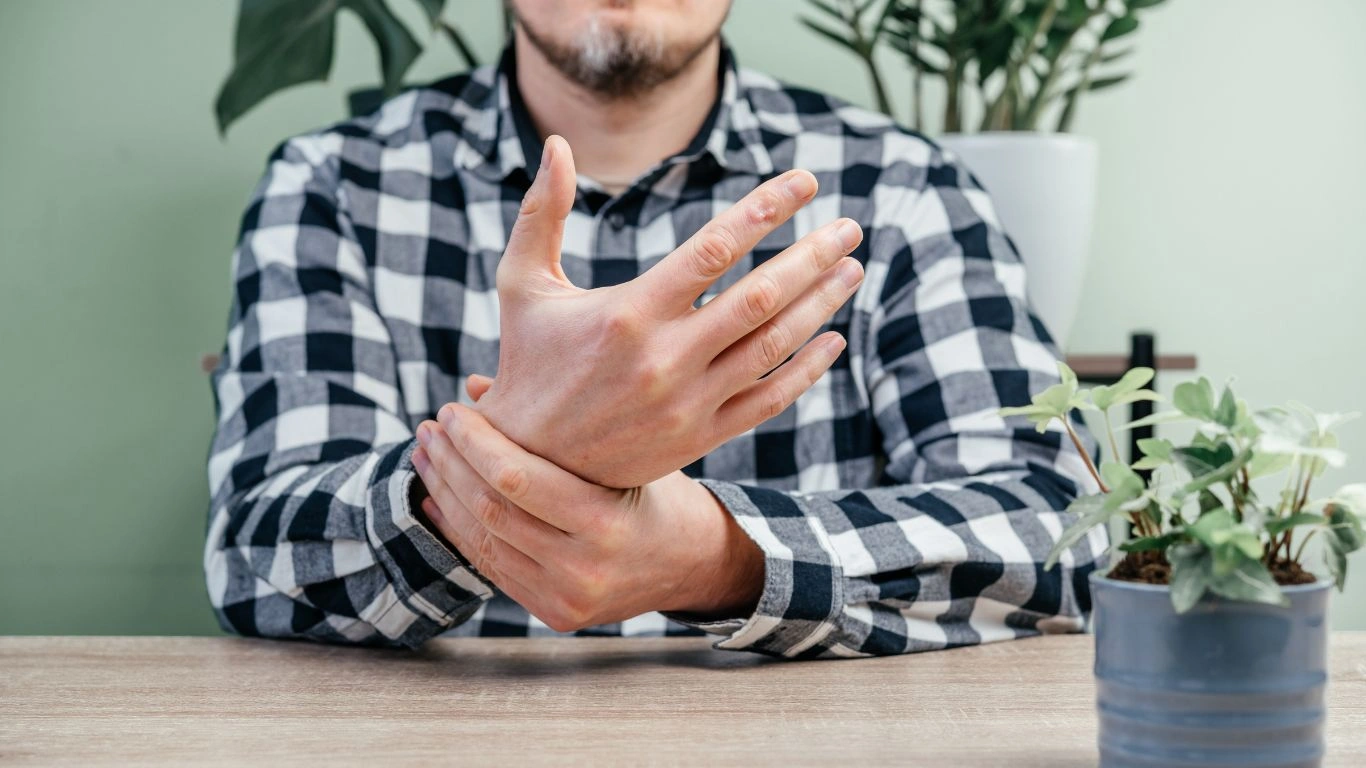
Let’s talk about the big guns—medications. While lifestyle changes can help, sometimes you need extra support from medical treatments to tackle rheumatoid arthritis and joint stiffness in the morning. As an RA expert, I always emphasize a personalized approach because what works for one person might not work for another.
Common RA Medications for Stiffness
Here’s a breakdown of the most commonly prescribed meds for RA:
- NSAIDs (Nonsteroidal Anti-Inflammatory Drugs): These help reduce inflammation and pain but don’t slow down disease progression.
- DMARDs (Disease-Modifying Antirheumatic Drugs): These target the root cause of RA by suppressing the overactive immune response.
- Biologics: A more advanced treatment that blocks specific immune system pathways involved in RA inflammation.
- Corticosteroids: Fast-acting inflammation fighters, but long-term use can have side effects.
Many of my patients find relief by taking their medications at night, allowing them to wake up with reduced stiffness. If your meds aren’t cutting it, talk to your doctor about adjusting your treatment plan.
Alternative and Natural Remedies for RA Stiffness

While traditional treatments are crucial, some people prefer adding natural remedies to their routine. I always remind my patients that alternative therapies should complement—not replace—prescribed medications.
Supplements That May Help
- Turmeric: Contains curcumin, a powerful anti-inflammatory compound.
- Omega-3 Fatty Acids: Found in fish oil, these help reduce joint swelling.
- Ginger: A natural pain reliever that may ease RA symptoms.
- Vitamin D: Supports immune function and bone health.
Always check with your doctor before adding supplements to your regimen, as they can interact with medications.
Mind-Body Therapies
Managing RA isn’t just about physical symptoms—it’s about mental well-being too. Stress can actually worsen inflammation, so relaxation techniques can make a real difference.
- Yoga and Tai Chi: Gentle movements improve flexibility and reduce stiffness.
- Meditation: Helps manage pain by reducing stress-related inflammation.
- Acupuncture: Some RA patients report improved pain relief with this ancient technique.
When to See a Rheumatologist
If your morning stiffness lasts more than an hour, worsens over time, or interferes with daily activities, it’s time to consult a rheumatologist. Early intervention is key to preventing joint damage and improving long-term outcomes.
Final Thoughts
Waking up with stiff, aching joints isn’t the best way to start the day, but there are plenty of ways to fight back. From heat therapy and stretching to medications and lifestyle changes, you have options to make mornings easier. Remember, RA management is a marathon, not a sprint. Stay consistent, listen to your body, and work with your healthcare team to find what works best for you.
References
- Arthritis Foundation
- Mayo Clinic
- National Institute of Arthritis and Musculoskeletal and Skin Diseases
Disclaimer
This article is for informational purposes only and should not be considered medical advice. Always consult your doctor before making changes to your treatment plan.

Tarra Nugroho is a dedicated Nurse Practitioner with a strong foundation in family and preventive care. She brings both compassion and clinical expertise to her practice, focusing on patient-centered care and health education. As a contributor to Healthusias.com, Tarra translates medical knowledge into clear, empowering articles on topics like women’s health, chronic disease management, and lifestyle medicine. Her mission is simple: help people feel seen, heard, and informed—both in the clinic and through the content she creates. When she’s not caring for patients, Tarra enjoys weekend hikes, plant-based cooking, and curling up with a good health podcast.


